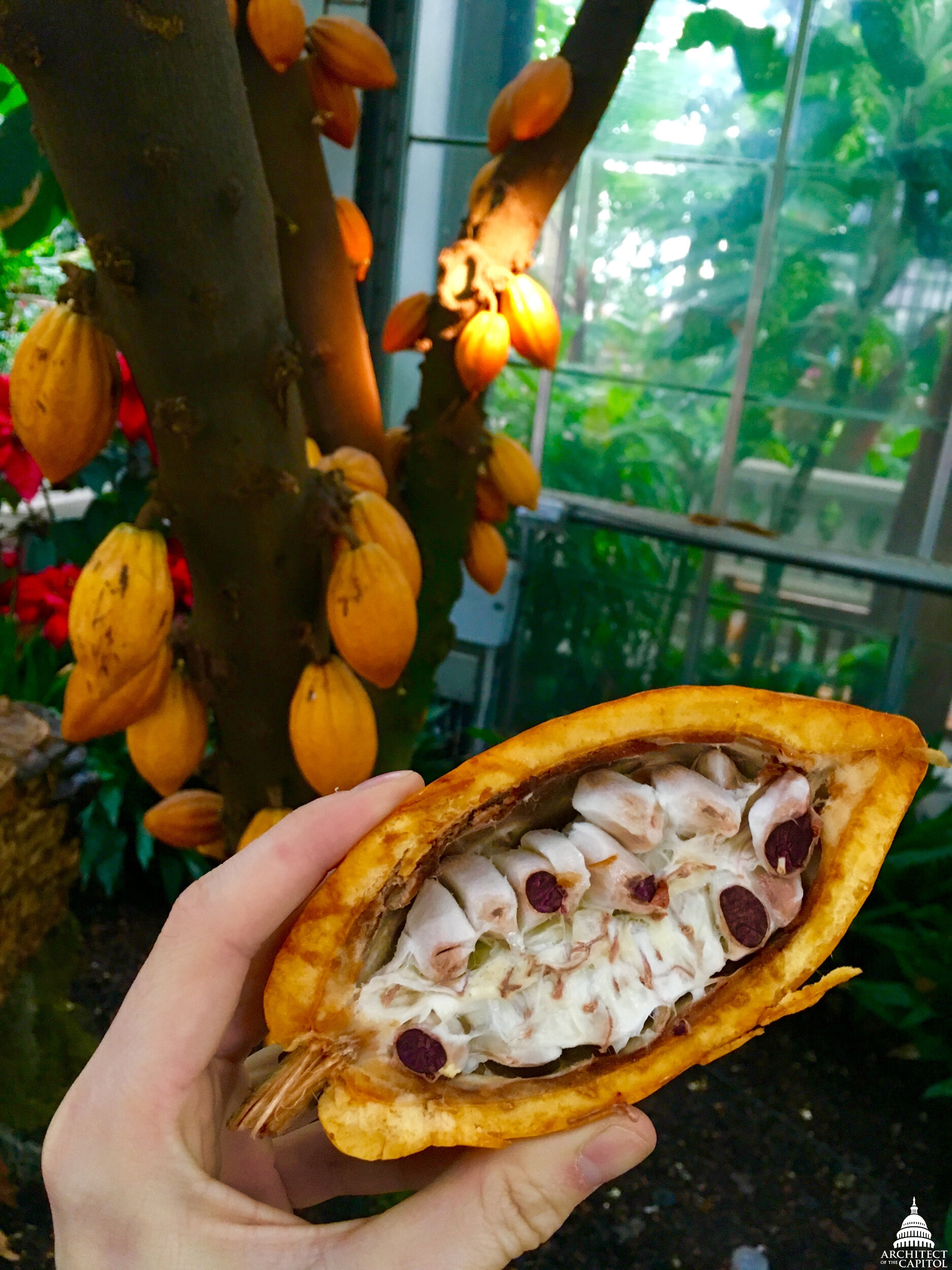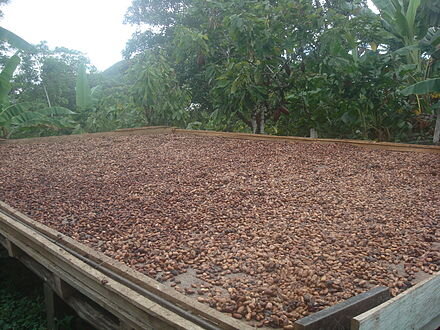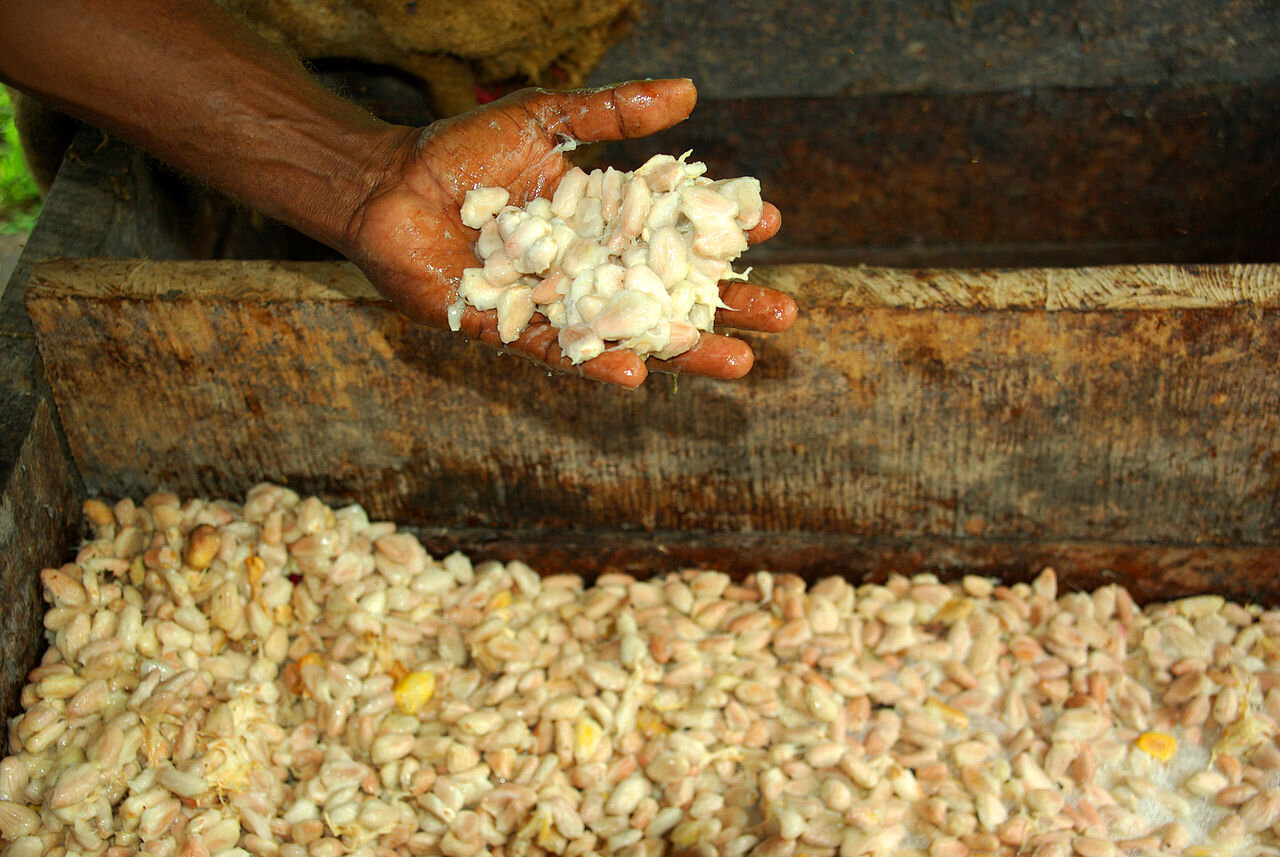Chocolate: find out what makes it NON-vegetarian
What’s in chocolate that stops it from being vegetarian?
You may remember, that I recently wrote an article called Is it possible to be fully vegan? It was about the many non-vegan things that we do or consume, knowingly or unknowingly. That got me thinking about vegan chocolate and whether it also contains unexpected ‘bonus’ body parts in the final result! I decided to reach out to the owners of Solkiki and find out what they thought of commercially produced chocolate and investigate if their chocolate is any different or not.
What is your opinion of commercially made chocolate?
For context, we should highlight that Solkiki operates at the melting edge of ultra-premium chocolate; among the World's best with close to a hundred awards to prove it. We like to be inventive, and want to show everyone that you can make chocolate which is completely sustainable, ethical, cruelty-free and delicious! Our expectations and standards are exceedingly high.
I suppose when you refer to commercially-made you mean chocolate made by big industries or chocolate using commodity cacao by remelters and reconstitutors. Over 80% of the world’s chocolate is made by four giant companies. In the second series of ROTTEN, Netflix shows that there are only three. This show is really well worth watching if you are interested in any form of chocolate!
These big teams buy commodity-grade cacao, mostly from Ghana and the Ivory Coast where it's very cheap. The cacao that comes from these countries is not traceable, meaning no one really knows where it comes from. It is well known that the farmers who grow this cacao live far below the 'absolute poverty' threshold. It is also well known that children work on many of these farms and that many children are forced to work or even sold to farms. This has been practised for centuries and is a widely known fact. Measures were supposed to be put in place to stop these activities a few decades ago, but since the 90’s it’s actually become worse!
Cacao is now cheaper than ever and the average age of farmers is going up, young farmers are not interested in growing it at all. This model that big industry uses is short term and not sustainable.
We buy our cacao directly from farms and it is entirely named and traceable. We know exactly what they are paid, we know how many men and women work on the farm and we are sure that there are no children working on the farms we buy the cacao from. Our model is ethical (there is no exploitation) and it is completely sustainable.
Trees play an important part because cacao trees are naturally an undercrop and need to grow under bigger trees. Cheap cacao is often grown in monocrops.
Cacao needs to be fermented to have a good flavour and the variety of cacao also needs to be good. Every step in growing cacao is important. These steps include planting the seed, fermentation, drying, transport and how it’s used.



You won’t be surprised to read that when farmers get next to nothing for their cacao, they won’t be motivated to look after the crop properly, as the pay won’t change! Big industries don’t investigate the hygienic conditions of the farm. They will buy any cacao, whether it’s fermented or unfermented, and if it includes insects or small rodents, it’s of no interest to them, because it's cheap and that seems to be their biggest concern. This cheap cacao will be very heavily processed i.e. burnt to a cinder, chemically treated, powdered and reconstituted.
This is obviously not what we do in Solkiki. As mentioned before we buy directly from the farm. This means that we can talk to the staff and owners and give feedback. We also give them the chocolate that we make, so they can appreciate the end product. We look for chocolate that has an excellent flavour without off-notes, such as, too much acidity, bitterness, too much astringency, which leaves a dry feeling in your mouth, and we want the chocolate to have an interesting flavour profile.
We know that we can influence the flavour by roasted and grinding the cacao in a certain way. However, if the cacao is not properly fermented or dried, or it’s insect-infested there is not much we can do. All our cacao has to be clean and very well looked after so that we can get the best possible flavour from it. This is made possible by our close relationship with the farms and because we work in small batches, overseeing every step of the process.
Our business is fully vegan. In fact, we are one of the few vegan chocolatemakers in the world, and the only one in the UK that makes the entire chocolate i.e. from bean to bar. However, we hope that this will change soon!
Does all chocolate include cockroaches, rodent hairs and so on?
We can't speak for other businesses. The big chocolate-making businesses buy cacao that is completely untraceable and not cared for, so you can draw your own conclusions. Almost every chocolate business and chocolatier in the world buys chocolate couverture or chocolate liquor (ground cacao into a liquid) from one of the four giant chocolate makers.
There are about twelve chocolatemakers in the UK that make their chocolate from bean to bar and most of them are run by one or two people. If the package doesn't clearly name the bean and farm or say that the chocolate is made bean to bar by themselves, then it contains this commodity-grade cacao that’s been remelted or even worse, reconstituted.
Chocolatiers don't make their own chocolate. Practically every chocolate business buys their chocolate in. The price point of chocolate says a lot. If the chocolate is under £2 or £3, it means that it comes from the big chocolate manufacturers. Therefore it isn’t sustainable, ethical or traceable.
We purchase our unroasted cacao for £10-15/kg. Chocolatiers can purchase finished bricks of commodity chocolate for £4.73/kg. These numbers really lay the truth out there. While a high price suggests nothing, a low price guarantees this low grade, low flavour, poorly treated, unethical, unsustainable chocolate. The only redeeming feature in some people's eyes is the low price. This is not a positive for us. Even if the belief is that the market demands cheap chocolate, at any cost; it’s not something that we are willing to offer.
We believe that this highly-processed, unethical cheap chocolate should be avoided at any cost. If people knew what they were supporting maybe things would be different.
Websites can talk about ethics and the packaging can tell you about origins and beans, but if the cost if under 10p per gram, that tells you that it’s poor quality chocolate.
We see chocolate as a luxury and not a basic human right. The only thing that differentiates vegan chocolate and non-vegan chocolate is the inclusion of animal products in the ingredients list. Most vegan chocolate is sadly made with exactly the same commodity cacao that we feel should be avoided. It many not contain animal milk, but the quality of the cacao is very low and the price will confirm that.
How is Solkiki different?
We inspect every cacao bean for inconsistencies, like insects or foreign matter, but we’ve never found it to be a problem because of the high-quality product that we source.
Solkiki uses Ultra-Premium cacao. This is a special designation to indicate that the cacao not only tastes great, and tastes consistently great, but also that it’s hand-processed at every step. When we sort our cacao we remove maybe a few twigs and a couple of flat beans or doubles, (cacao beans that aren't perfect), but that's about it.
We've never seen anything weird in our cacao, which is a great thing! This shows that the ultra-premium model is working really well! This means that Solkiki is helping to create jobs and ensure long term success without complaints. Thus improving their quality of life and the quality of cacao long term.
Our workshop is regularly certified and checked by the local council and we have received a full 5 stars for each of those visits. These are the same checks that the council carry out on all food businesses, including restaurants.
How do you avoid getting insects in your chocolate?
In the food industry, there are laws to prevent insects from getting into the food. This is all standard practice and everyone working with food uses these. We have never had any problems and would like to reiterate that the council inspects our stores and workshop for insect controls and they have awarded us the highest level of hygiene and food safety.
In summary…
So all cacao attracts insects
Fine flavour cacao is cared for and hand-sorted in clean professional farms where quality is ultra important
Fine cacao is protected during the fermenting and drying processes. It’s not just thrown on the floor like industrial cacao.
Solkiki pays people properly to set up and manage proper facilities where insects are treated as a serious problem whereas industrial brands do not.
Solkiki pays people properly to hand sort debris and insects away from the cacao during packing.
Solkiki cacao is treated for insects when it arrives from the origin.
Solkiki cacao is stored in a protected environment. So, while all cacao attracts insects and animal life, those in the Solkiki chain take all precautions to prevent insect infestation and we have never had an issue yet!
Fun (or not so fun) fact: there is currently a trend where people add insects to chocolate. We know of a maker who adds dried scorpions to their chocolate and we know of another who makes dairy-free chocolates which are full of ants, which are included on purpose.
Get in touch
I would love to hear your thoughts about:
whether this will change the type of chocolate you buy
will affect how often you buy it?
do you see it more as a treat to have every now and again, rather than, something to have it on tap?
Related content: vegan businesses
Moo Free Chocolates
The Raw Chocolate Company
Considerit Chocolate
Cocoafeliz
Vegan Town
Cocoa Libre
Rescue Chocolate
Solkiki
Related content: finding vegan chocolate in regular shops
“Life is like a box of chocolates. You never know what you’re gonna get.”

